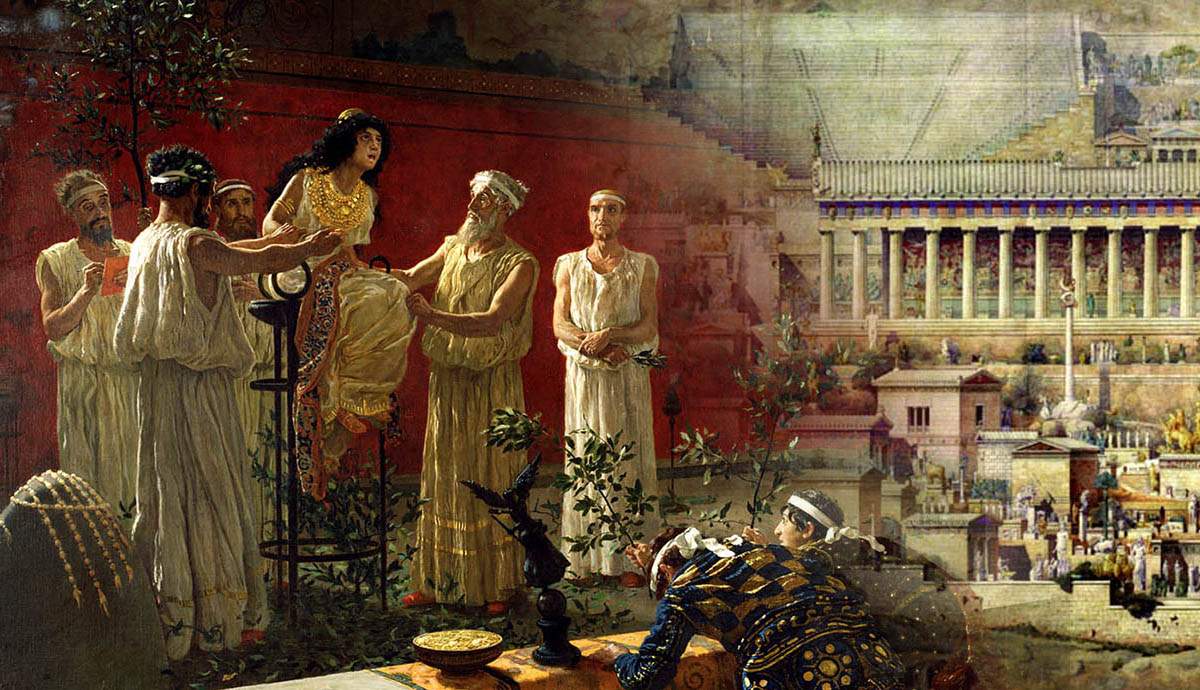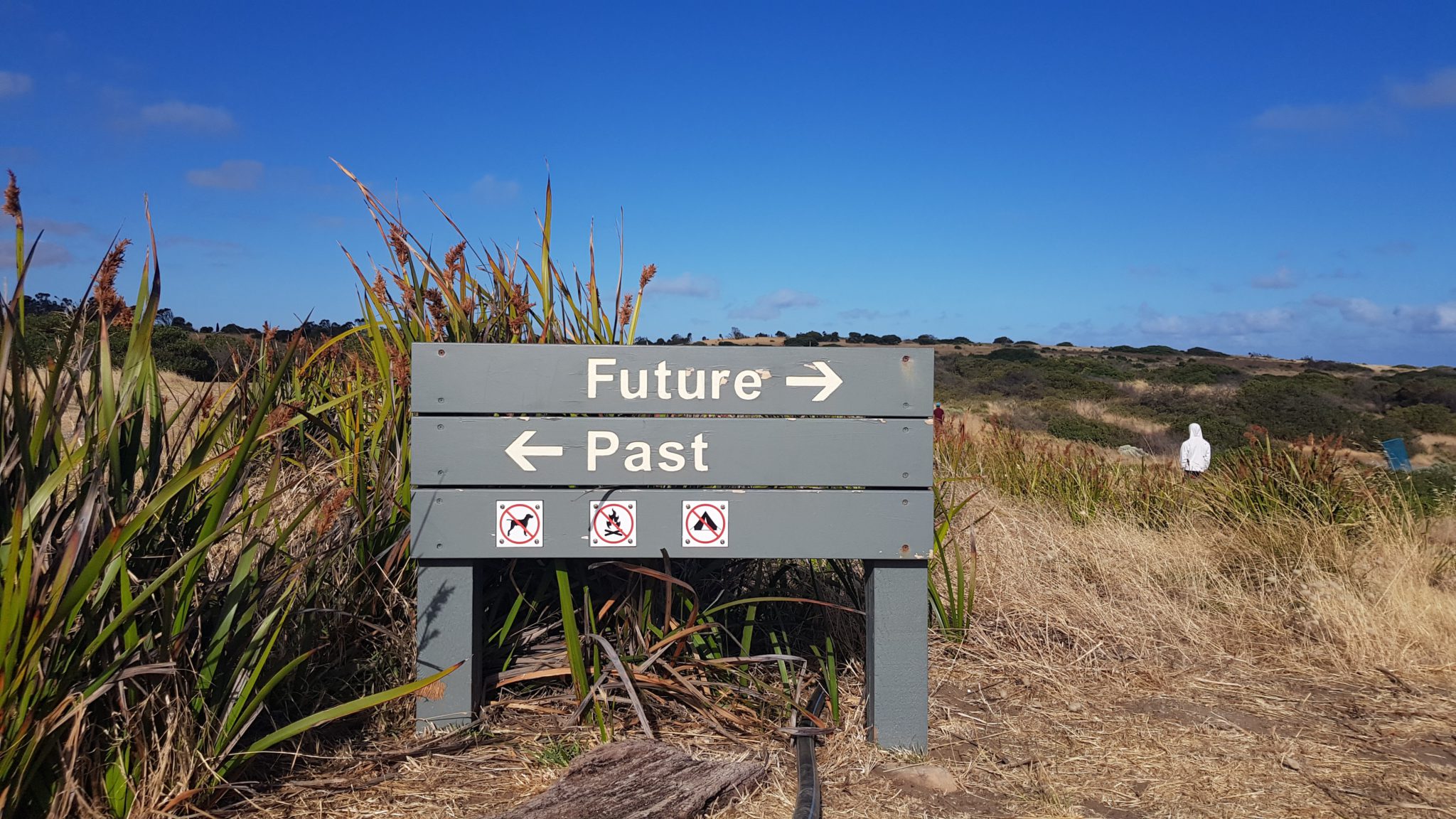The future – do you really want to know?
One of my favourite newsletters caught my eye this week. Foreign Affairs tells of Michael Osterholm’s 2005 Foreign Affairs essay about a future pandemic. Daniel Kurtz-Phelan, the Editor, tells the story.
“Two and a half years into the COVID-19 pandemic, half a billion documented cases have led to well over six million deaths worldwide”. From the vantage point of 2022, Michael Osterholm’s 2005 Foreign Affairs essay, “Preparing for the Next Pandemic,” is chilling—and enraging—reading… The turmoil he predicted is now all too familiar: limited supplies of ventilators, face masks, and antiviral drugs; waiting for the development of a vaccine, to which only “a few privileged areas of the world” would initially have access; foreign and domestic travel reduced or shut down; economies disrupted by trade barriers; and governments destabilized by “widespread infection and economic collapse.” A pandemic “cannot be avoided,” Osterholm wrote.
Only its impact can be lessened.
To achieve that, “much more needs to be done.”
For a time, U.S. officials heeded the advice. But it was not long before public attention waned and policymakers pivoted to other priorities. After the inevitable pandemic arrived, Osterholm wrote, there would be cause to judge “how well government, business, and public health leaders prepared the world for the catastrophe when they had clear warning.” The human and economic toll of COVID-19 suggests that the verdict today will not be good.”

Well… Yes perhaps Mr Osterholm is entitled to say, ‘I told you so’. But how many other writers may have said the same thing? And how many others might have said that medical science had advanced so much that a global pandemic was unlikely? And was the USA right, for example, to prioritise pressing everyday issues over a prediction that might or might not have come to pass? Would knowing the future have helped Governments deal with the present?
After all, a stopped clock tells the right time twice in every 24 hours. But is still stopped and therefore useless.
Oracles and prophets
From the start of human existence, humanity has tried to find out what might happen next in order to prepare for it, prevent catastrophes or simply maximise opportunities. Shamans, for example, still play a large part in the religious lives of some communities. For centuries also they have been able to ‘foresee the future’ to guide and help their tribes.
One of the best-known guides to the future was the Oracle at Delphi in Greece. Historians believe that it may have existed, in some form, from 1400 BCE. Around then, a goat herder noticed his sheep acted strangely after peering into a chasm on Mount Parnassus in the Gulf of Corinth. He looked in and found himself agitated and frantic. Others did the same. The effects of the brain altering vapours became attributed to a divine source and a priestess was assigned to guard the site.

For over a millennia people travelled to consult the Oracle. A booming industry grew up. Temples were built and rebuilt, priests were trained, rituals evolved, and sacrifices were performed.
But the Oracle’s advice was (sensibly) often obscure. In 560 BCE, the priestess told King Croesus of Lydia (now a region of Turkey) that, if he invaded Persia, he would ‘destroy a mighty empire.’ Croesus duly invaded Persia. Unfortunately, the priestess neglected to point out that it was his empire that would be destroyed. It was.
Alexander the Great went further. He visited the Oracle to hear a prophecy that he would soon conquer the world. To his surprise, the oracle refused and asked him to come back later. Furious, Alexander dragged the priestess by the hair out of the chamber until she screamed: “You are invincible, my son!” The moment he heard these words he dropped her, saying, “Now I have my answer”.
Nostradamus (1503-1566 BCE) remains a popular and widely quoted prophet. However, like the Oracle, his prophecies are satisfyingly obscure. In ‘predicting’ the Great Fire of London (1666 BCE), for example, he wrote:
The blood of the just will commit a fault at London,
Burnt through lightning of twenty threes the six:
The ancient lady will fall from her high place,
Several of the same sect will be killed.’
Some people interpret “twenty threes the six” as 66 (20 x 3 + 6). Add to that the mention of London and references to deaths, and one can see why it could be a prophecy of the Great Fire of London. As ever with Nostradamus and other forecasters, ambiguities abound. The Great Fire was set off by a flame in a bakery, not by ‘lightning’, and what does the ‘ancient lady’ signify? Perhaps London itself? Besides, ‘predictions of the future’ are easy to imagine when you already know what actually happened.
Minority Report is a film set in Washington in 2054. “Precrime” is a specialised police department that arrests criminals based on foreknowledge provided by three psychics. The film examines whether free will can exist if the future is set and known in advance. It also raises the question of arresting someone when they have committed no crime – yet. George Orwell had similar ideas in his novel 1984, when ‘thoughtcrime’ became a criminal offence in Big Brother’s dystopian state. Comrades did not have to do anything to be found guilty.
Astrology

The foundations of astrology lie with the Babylonians. Astrology holds that there is a relationship between astronomical phenomena and events or personality in the human world. Scientific testing has found no evidence to support belief in astrology.
Yet, as many as 70 million Americans read their horoscopes daily according to the American Federation of Astrologers. 25 percent of Americans believe that the positions of the stars and the planets affect our daily lives. In 2012, the General Social Survey found that 34 percent of Americans surveyed consider astrology to be “very” or “sort of scientific”.
Astrology UK has some interesting theories about the use of astrology by both sides in World War II. Today, astrology websites such as Susan Miller attract over 11 million readers each month. I defy you to go to her site and not sneak a look at your horoscope for this month!
Does it matter?
Many people want to know their future. Throughout history, writers, philosophers, and thinkers have debated whether our future is pre-ordained or whether we can control it in some way. In early China, Confucius and Monzi argued about whether lives were subject to ‘fate’ or there was free choice.
In the brilliant Foundation Series, Isaac Azimov’s Hari Seldon predicts events long into the future with highly advanced socio-political statistics. Combining the psychology and politics of many billions of people and taking into account the events that unfold as a result, those with access to the future can master it for their own ends. A key feature of Seldon’s theory, is the uncertainty principle of sociology: if a population gains knowledge of its predicted behaviour, its self-aware collective actions become unpredictable.

The same is true for individuals. A particularly ghastly example of useless predictions are websites claiming to foretell the date of your death. One such site purports to use medical history, the zodiac and other ’scientific’ data to predict when you will die. Even if the result is accurate – and how could it be? – what value would it be to know this? And if it was of value, would you not try and do everything you could to change the future? Like the police team in ‘Minority report’, making an arrest based on knowing about a future crime immediately changes the future. They also arrest ‘innocent’ people.
Looking back can be educational. Looking forward can be inspirational. But we cannot change either the past or the future. The present – today, this minute – is the only reality.
Worked on the article:

Wanlikhang





